Once upon a time, women in England would position five bay leaves on their pillows before they went to sleep, one in the centre of the pillow and one on each corner of their pillows. This was rumoured to encourage dreams of their future husbands. Alternatively, they would wet bay leaves with rosewater and place them across their pillows.
Up in Norfolk, Jack Valentine is the Santa Claus of Valentines Day. Children keep an ear out for his arrival, although he is rarely – if ever – seen. He leaves sweets and small gifts at their door.
Whilst couples across the UK may have been exchanging gifts, cards, enjoying a romantic meal for two at a posh restaurant or a night in front of the television with a takeaway and their favourite film, how was this occasion being marked in French- and German-speaking countries?
France has long been seen as one of the most romantic places in the world and it is thought that the very first Valentine’s Day card was sent by by Charles in 1415, whilst imprisoned in the Tower of London,
The French traditionally also took part in the loterie d’amour. Men and women would gather in houses that faced each other across the street. They would call out to one another, with a view to pairing off.
If a man was not happy with the woman with whom they had been matched, they could leave them and find another to take their pace. All those women left without a partner by the end of this ritual would get together for a bonfire afterwards, upon which they would burn pictures of the men who had left them and shout insults at members of the opposite sex.
This is one tradition that no longer exists, as the French government banned it after it grew beyond their control.
Valentine’s Day didn’t really take hold in Germany until the 1950s, with the first Valentine’s Ball taking place in Nuremberg in 1950. Even now, however, many Germans see Valentine’s Day as a commercial invention dreamed up by the flower industry.
Valentine’s Day has not really gained in popularity in Germany over the years, although couples may give flowers, chocolates or even lingerie. They may go out for dinner at a restaurant or enjoy a meal at home with their partner.
It would appear that the most romantic of all Germans are the Bavarians – 54% of all Bavarians celebrate Valentine’s Day.
Meanwhile, in Austria, tradition prevails, with Austrian women expecting flowers and chocolates and, where possible, a romantic dinner into the bargain. Austrian men are less inclined to flirt and may even give off confusing signals as a result. Austrians may even enjoy some time in a spa as part of their Valentine’s Day celebrations.
What did you do to celebrate Valentine’s Day? What form would your perfect Valentine’s Day celebration take?







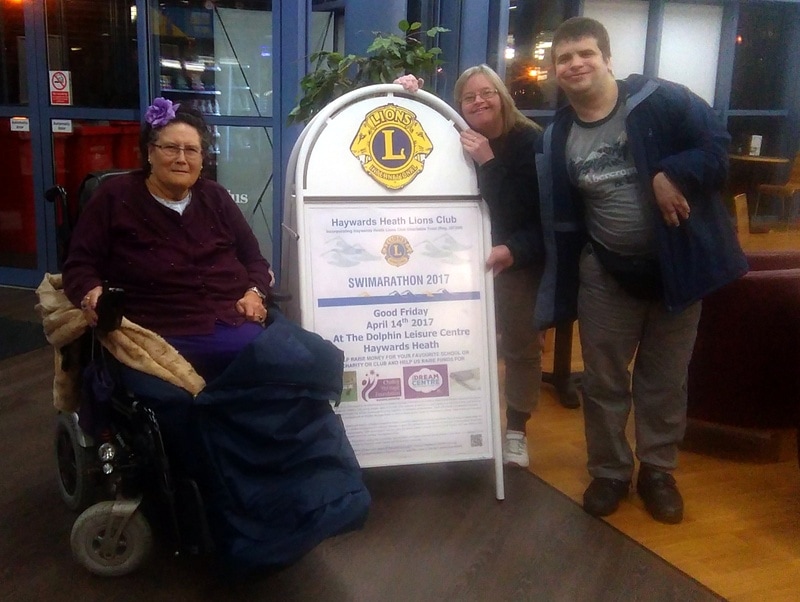
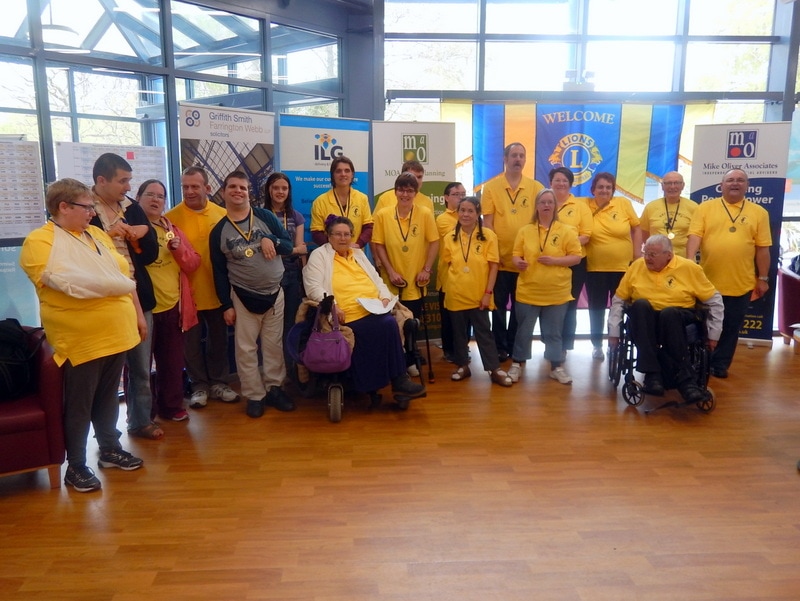









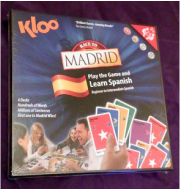



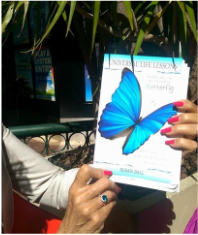
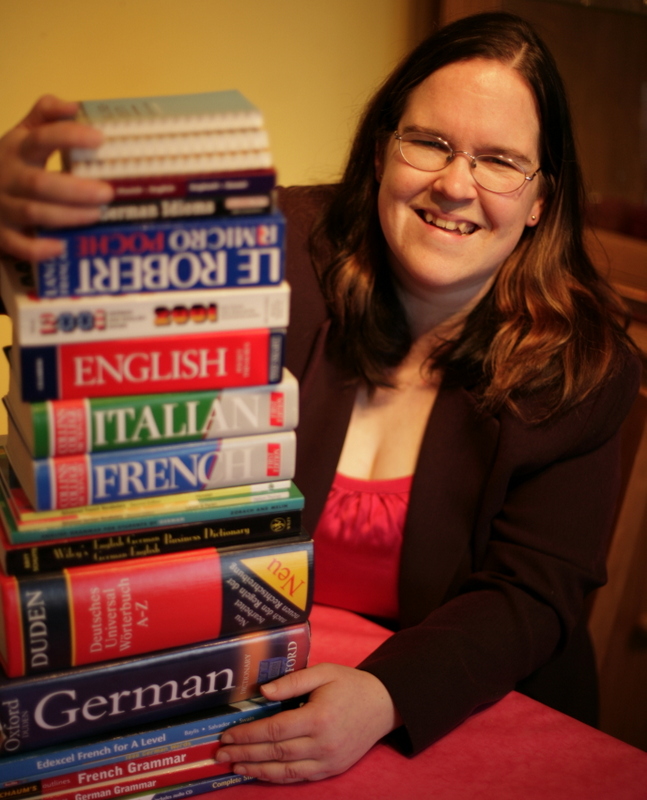
 RSS Feed
RSS Feed
